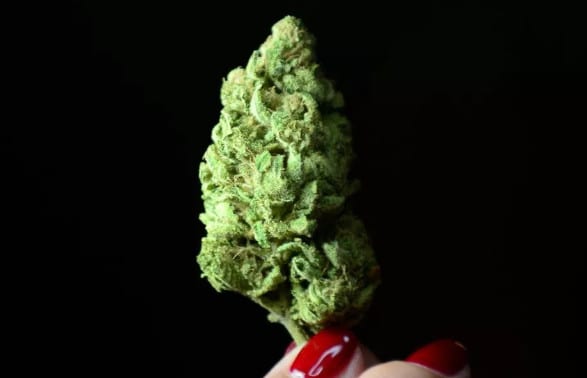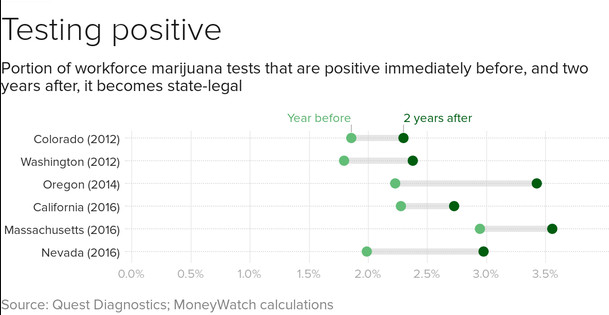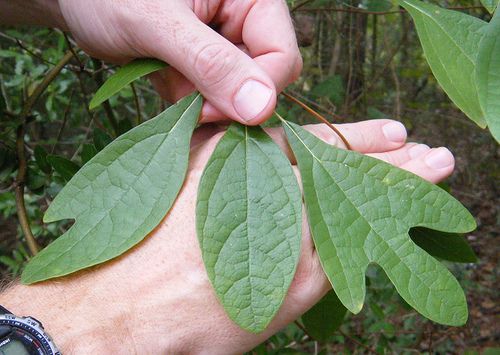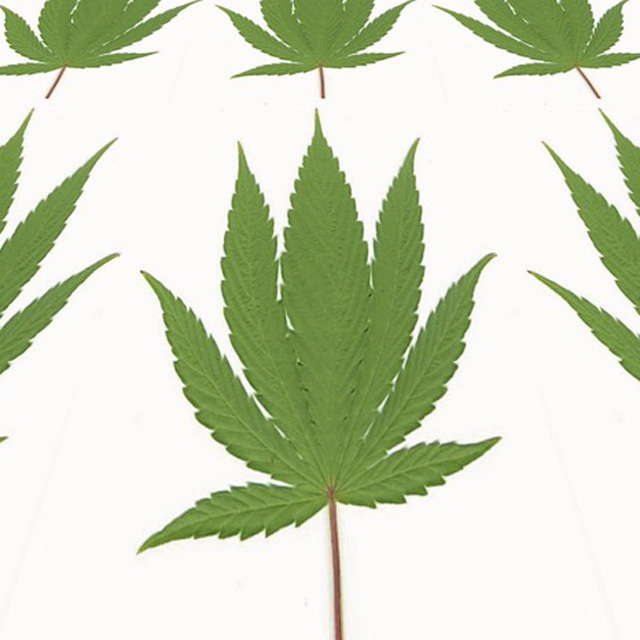Since marijuana was legalized back in 2012, Colorado has been accruing massive revenue in what is called ‘the weed tax.’ As the Centennial state struggles to address its problem with homelessness, Denver City leadership has suggested increasing the weed tax to help fund affordable housing projects in the city.
Last April, Mayor of Denver, Michael Hancock, and other city officials announced a proposed increase in the weed tax enforced on recreational marijuana from 3.5 percent, where it is currently, up to 5.5 percent, although increases of the weed tax is capped at 15 percent.
If the increase is approved, the tax revenue will be allocated (paywall) to advance the city’s current plan, which is subsidizing the building or preservation of income-restricted apartments and other housing units in the next five years, from 3,000 units to 6,400.
The recreational usage of marijuana in Colorado was approved in 2012 via the passing of the Colorado Amendment 64, which allows individuals over the age of 21 to possess marijuana in limited amounts. Since its legalization, Colorado has been making millions off of a ‘weed tax’ that the state has enforced since the bill was passed. In 2017 alone, the state made $247 million in revenue from the weed tax.
Aurora, Colorado’s third biggest city, voted in 2016 to allocate $1.5 million from weed tax revenue to the 2017-2018 budget for services for the homeless. In 2015, revenue from the weed tax surpassed that of the alcohol tax at $66.9 million for the first time since the legalization of marijuana.
A lump sum of the tax will be given to the Colfax Community Network, which works with the city’s ‘transient motel population’ in Aurora. Another sum of money will be given to the Comotisis Crisis Center and the Aurora Mental Health Center, both organizations that work with homeless individuals with mental issues. The latter two organizations will be provided with a van to facilitate their outreach work.
“The Colfax Community Network is in extremely dire straits,” said Nancy Sheffield, director of Aurora neighbourhood services. “They do not have funds to continue operating.” A sharp increase in revenue from the weed tax will clearly help fund the work these projects are engaged with.
With a thriving weed culture across Colorado’s cities kicking the entrepreneurial wheel into high gear, the legalization of recreational weed has done the Centennial state well. Aside from the strong financial gains following its legalization, studies have shown that teenagers’ usage of marijuana has dropped significantly. A survey of 17,000 Colorado teenagers showed that their usage dropped by four percent in the 30 days following its legalization.
Credit: progrss.com








